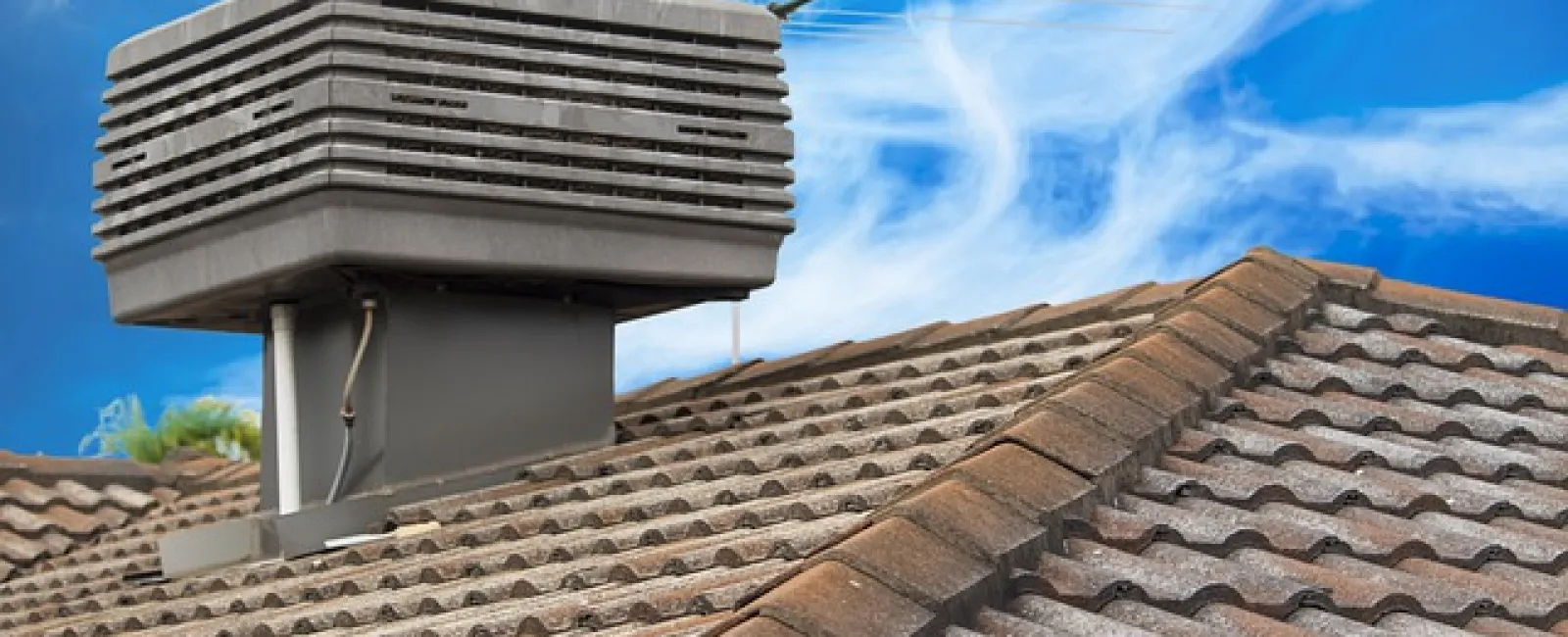June 03, 2021
Heavy rain and snow hail indisputably affects the quality and performance of your roof, but did you know that something as seemingly ineffectual as heat can also take a toll? Just as harsh sunlight can do long-term damage to your skin, the same could happen to your home's first protective barrier, especially when combined with humidity and other factors.
How Does the Heat Affect My Roof?
Your roof is made up of durable materials and is meant to protect you and your household from the elements. However, it may be wearing out faster than it should! If you want to understand how the summer heat can affect its quality and what you can do to protect and prolong its life, read on.
1: Reduces Lifespan
How could a harmless sun bring damage to one tough roof? This question might be going in your head right now, but the answer is simple.
Let's illustrate with asphalt roofing. This material is specially formulated to last for at least 20 to 30 years, but being exposed to harsh temperatures could affect its lifespan. A high temperature could dry the asphalt out. The material will soon grow brittle, and it may even begin cracking and falling apart before it lasts two decades! If you think that your roof is nearing this stage of damage, consider having roof replacement before the hottest part of summer comes around.
2: Increases Risk of Water Leaks
It is not only the high temperature that people should be mindful of during the summer season. Another problem it brings is the high level of humidity. But what does a little bit of moisture do? The warmer the air, the more it carries water vapor. The higher the temperature, the more the moisture and condensation take place, and the result could be more damaging.
What makes moisture and condensation dangerous is how they always occur in between the shingles. When moisture gets trapped inside the shingles, it could lead to:
- Water leaks
- Growth of mold
Unfortunately, moisture issues on the roof could also affect the HVAC system in the long run. To prevent the mentioned issues here, try the following:
- Ensure to utilize an overlap foam insulation to prevent the indoor air from moving up to your roof. Condensation should be avoided at all costs, meaning you don't want cool air produced by your HVAC system moving up to make contact with the hot roof.
- Always check your vents and see if they are working properly.
- Ensure the insulation is properly sealed to trap the air and redirect it outside before it lingers immediately under your roof.
3: Affects Structural Integrity
Too much heat could change the composition of objects or alter the nature of the material. Excess heat, as mentioned earlier, could dry out the asphalt roofing. Then, as soon as the sun sets, the temperature drops by several degrees. This ever-changing temperature could result in the expanding and contracting of the asphalt. When this occurs repeatedly, it could weaken the asphalt's structural integrity. The result of this occurrence is more evident in houses with metal roofings as they easily warp, become out of shape, or eventually create gaps.
Conclusion
Snow and rain aren't the only things that can cause damage to your roof. The summer heat can be just as damaging! To extend your roof's lifespan, there is one key thing to do: have roofing contractors you can rely on. By ensuring a quality installation job as well as regular inspections, you can make sure your roof lasts for as long as possible, protecting your home and your household.
Should you need roofing contractors to conduct checkups, maintenance, or replacement to your residential roofs, reach Cardinal Roofing at 205-377-8400. We're your one-stop roofing shop in Alabama and Middle Tennessee with expertise in asphalt shingles installation and repair.

